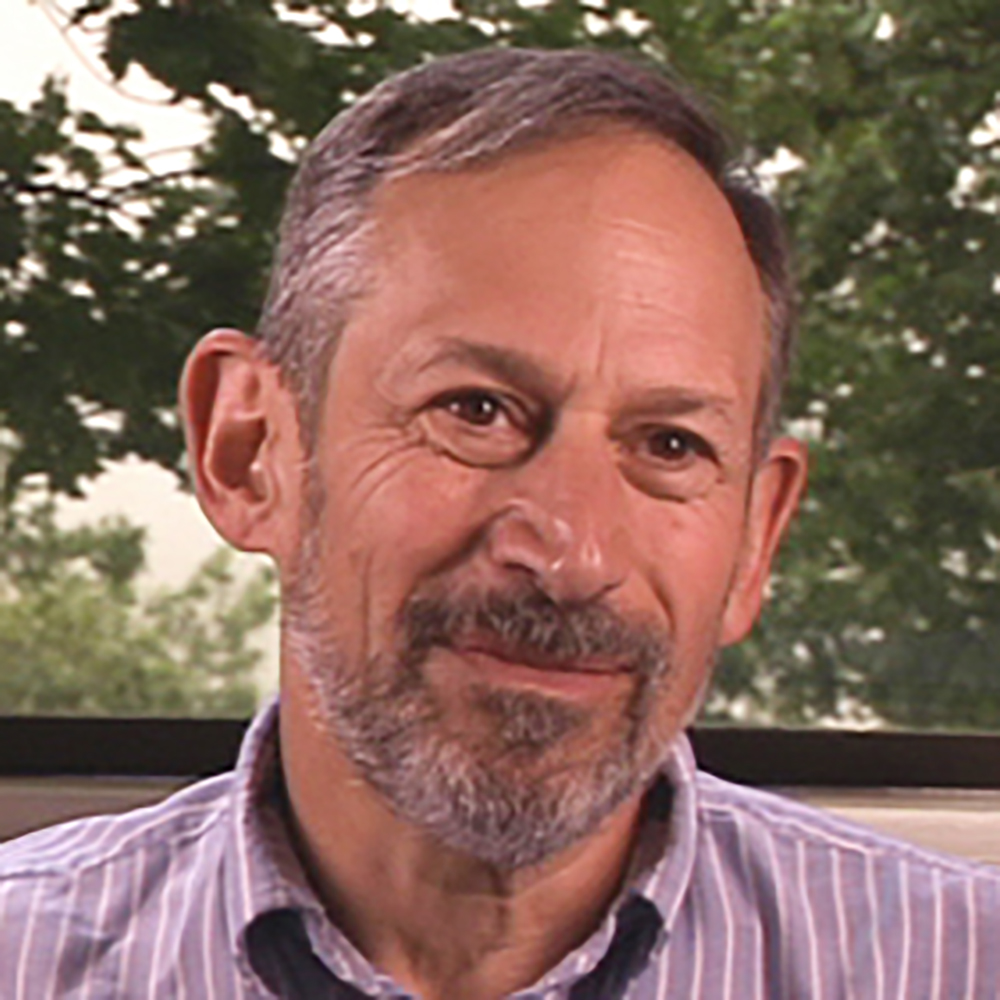

G. Unger Vetlesen Professor of Earth and Climate Sciences
No registration is required for this lecture. Seating is limited and is available on a first come, first served basis.
Abstract:
Why do men fight?
Have changes in climate been an important influence in the past?
Will they be in the future?
Anthropologists and historians have a rich store of anecdotal evidence, but since this evidence relies heavily on simple co-occurrence it invites skepticism. A recent, contrasting approach applies quantitative methods to investigate the connection between climate and conflict. This discourse in this subfield is fittingly cantankerous. Whereas historians often have plausible stories explaining the causal links from climate to conflict, the quants rarely offer more than a statistical relation. I will discuss my own work on two topics: El Niño and global incidence of civil conflict, and the impact of anthropogenic climate change on the civil war in Syria.
Speaker Biography:
Mark Cane received his B.A. at Harvard in 1965, his M.A. from Harvard in 1966, and his Ph.D. from Massachusetts Institute of Technology in 1975. He is currently the G. Unger Vetlesen Professor of Earth and Climate Sciences at Columbia’s Lamont-Doherty Earth Observatory (LDEO) and a professor of earth and environmental sciences and applied physics and applied mathematics.
Mark Cane is also is director of the M.A. Program in Climate and Society in the Department of Earth and Environmental Sciences. He is an active member of the Earth Institute’s academic committee and is on the executive committee for the Earth Institute’s NSF-funded ADVANCE program, which seeks to increase the participation and advancement of women scientists and engineers at the University through institutional transformation. Some of his projects include PAGES/CLIVAR Intersection (Paleoclimate and Modern Climate Variability), ARCHES (Abrupt Changes), ARCS (Network for Seasonal to Interannual Forecasting), and Climate and Society.

